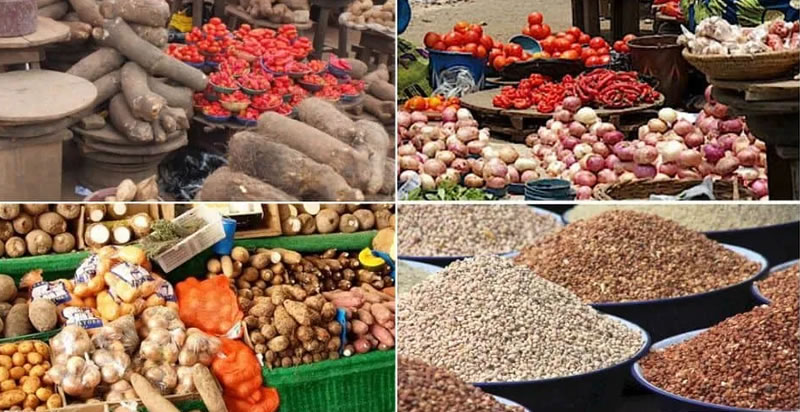
The Comptroller General of Customs, Adewale Adeniyi, announced that the distribution of seized food items would commence on Friday.
Adeniyi, while addressing journalists in Lagos on Thursday, emphasized that the distributed seized food items were not to be resold.
He also cautioned customs officers against participation in the exercise and specified that the rice would come in 25kg bags, to be sold for N10,000.
Earlier, the NCS had revealed plans to directly distribute seized food items to Nigerians.
The National Public Relations Officer of the service, Abdullahi Maiwada, made this known in a statement on Tuesday.
Adeniyi outlined the eligibility criteria, stating that eligible persons must provide a Nigerian Identification Number.
“The target groups included artisans, teachers, nurses, religious bodies, and other Nigerians within our operational areas. The intention is to reach out directly to members through these organized structures to ensure the maximum impact of this exercise,” Adeniyi added.
He warned against profiteering or exploitation of the initiative.
“It is imperative that beneficiaries of this exercise understand that the items are not to be resold. We take a strong stance against any form of profiteering or exploitation of this initiative. We urge Nigerians to report any incidents of misuse or unauthorized resale of the seized food items,” he said.
He stressed the NCS’s full commitment to transparency and accountability in this process.
“We will not hesitate to take decisive action against any individuals or entities found to be in violation of the terms of this program,” the customs asserted.
Adeniyi specified that the exercise would be temporary and a means for the service to dispose of seized food items for now.
“We are here to highlight the NCS’s commitment to protecting our society by ensuring the availability of essential food items. In recent months, the government has been addressing the challenges faced within our economy.
“Items are moving out massively to neighboring countries. Some of the items included, over 20,000 bags of assorted grains, 2,500 cartons, and 963 bags of dried fish.
“Others are dried pepper, tomatoes, cooking oil, macaroni, salt, sugar, garri. This trend is not sustainable as it puts pressure on our productive capacity and threatens our food security,” Adeniyi noted.
